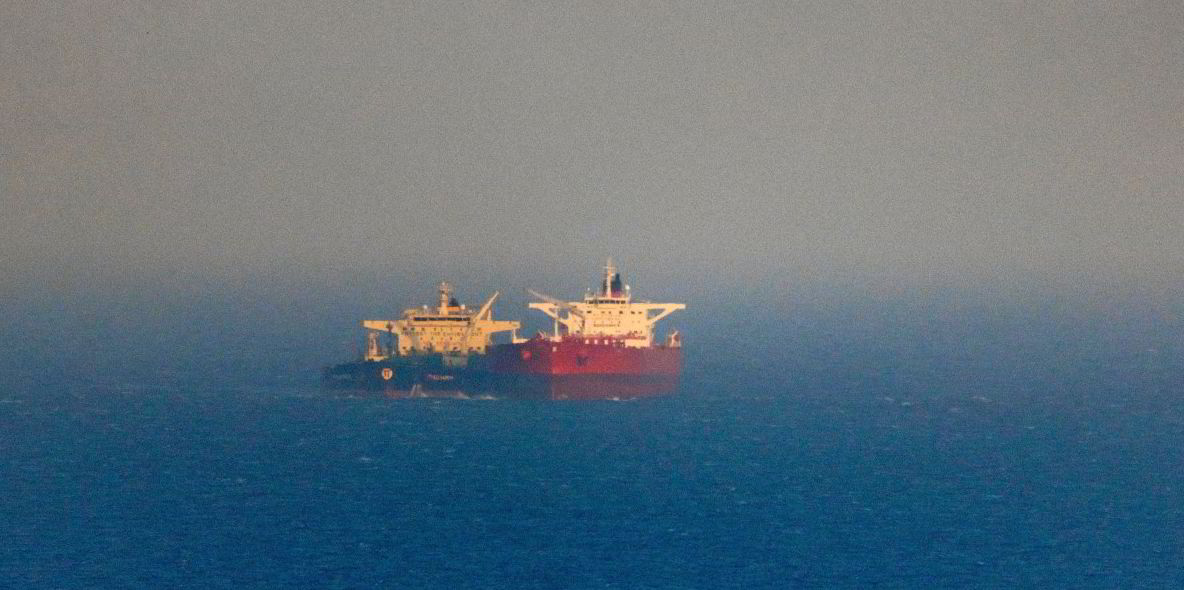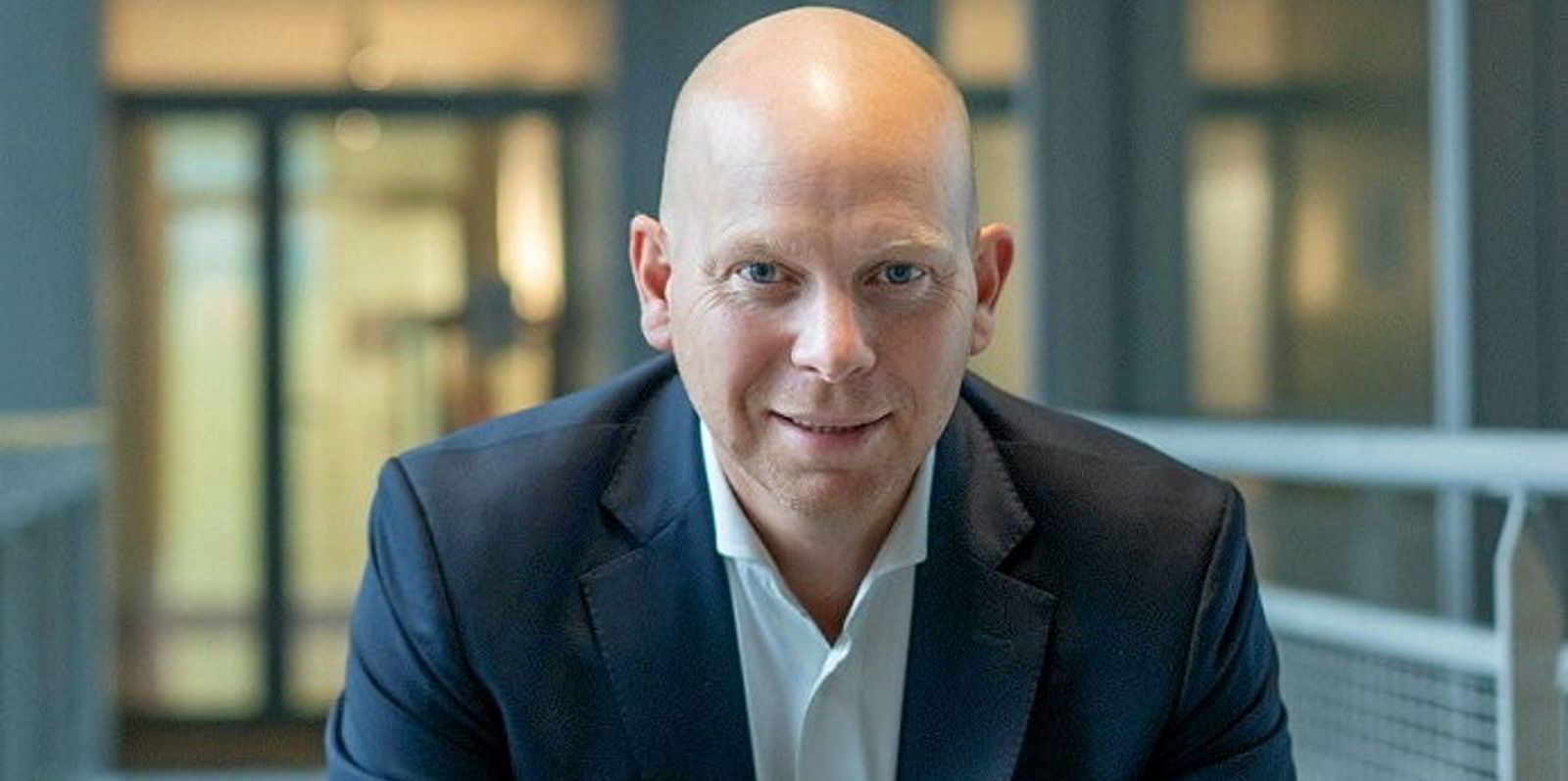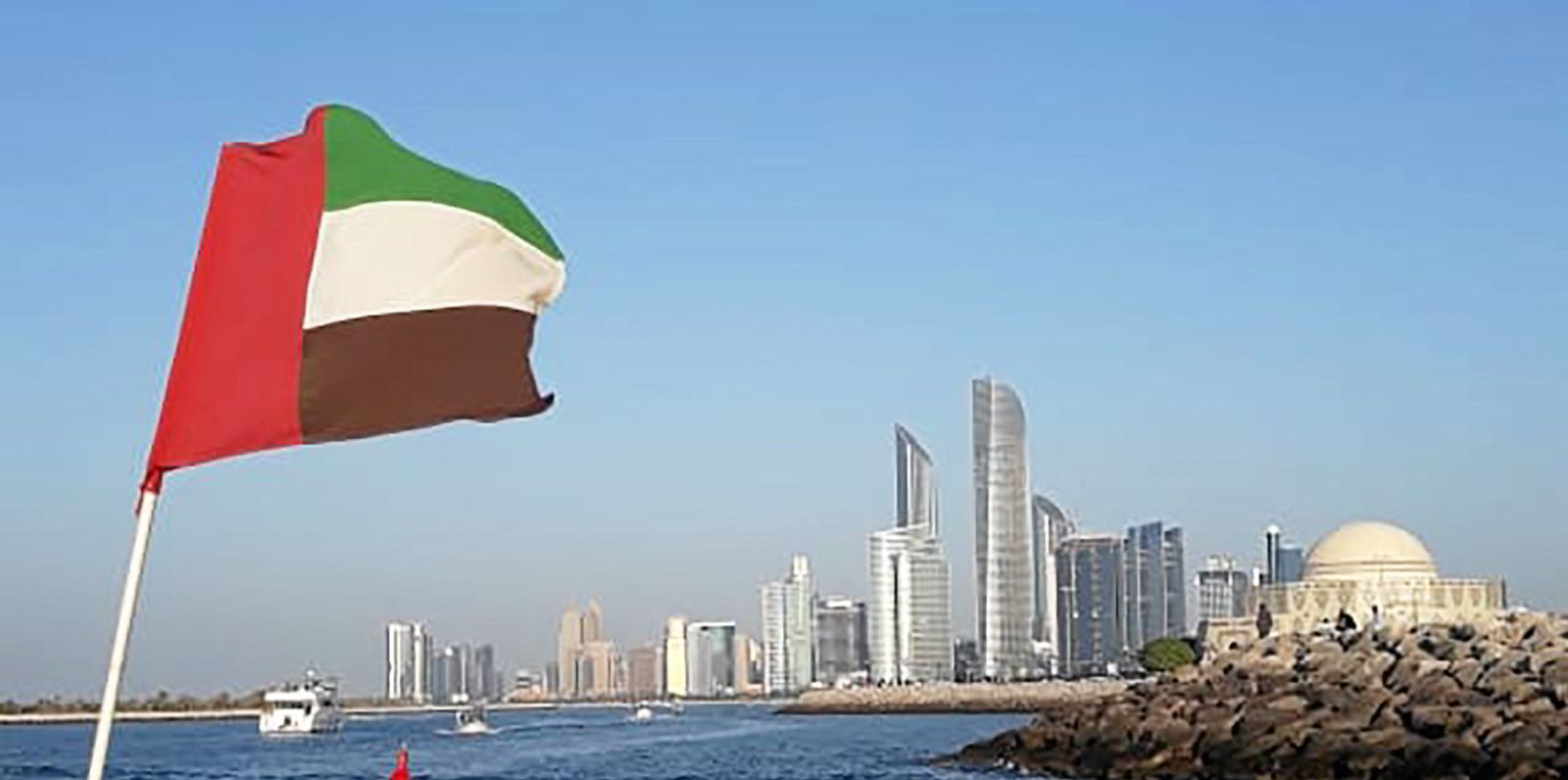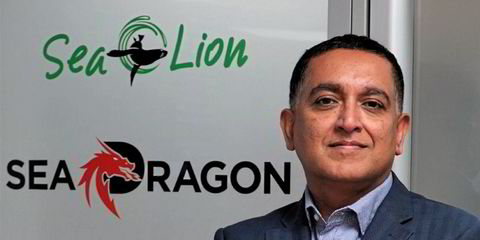The trade in Russian oil represents a lucrative opportunity for risk-taking shipping entrepreneurs similar to the Somali piracy crisis more than a decade ago, a director of a major new tanker owner claims.
Karl Martin Nygaard, chief strategy officer of Fractal Shipping, told TradeWinds’ sister publication DN that freight premiums available for hauling Russian crude will disappear as more players enter the market.
From a start-up in Geneva in 2022, Fractal has become a key player in hauling Russian oil, and its vessels are seen by analysts as part of the “shadow fleet” of ageing vessels with opaque ownership structures.
Nygaard denied that Fractal is part of Russia’s shadow fleet. A company spokesman said it is “only engaged in legitimate business, in compliance with all regulations”.
Nygaard told DN that he had previously plotted with Fractal chief executive Mathieu Philippe, when they both worked at United Arab Chemical Carriers in Dubai, to be early movers in sending ships through areas affected by Somali piracy around 2010.
“It was an opportunistic move in a very, very bad market when nobody wanted guns on the boats,” he said outside his office in Geneva.
“Then there was a premium to be had. And then more and more people came in and in a way ate at that market, and that market disappeared.
“And I think the same will happen with this trade.”
An investigation by the Norwegian daily paper found that Fractal’s vessels have shipped crude and oil products from Russian ports at least 60 times in the past year.
Oil carried by its tankers has been shipped to countries, such as India and Saudi Arabia, that are not part of any sanctions or price cap scheme.
The vessels have also been involved in ship-to-ship (STS) transfers of Russian oil. They have included vessels operated by another major new player, Gatik Ship Management of India, cargo and tracking data shows.

“It is a premium market, but it will not last forever,” Nygaard said. “We have a long-term strategy that is different and we don’t want to talk about it.”
He later said in a LinkedIn message to DN: “We have chosen to trade the ships to Russia because the earnings have been better there.
“That some companies choose to self-sanction themselves in relation to Russia, that is up to them.”
Russia’s invasion of Ukraine in February 2022 shook up shipping markets and sent profits soaring for operators willing to take the reputational and legal risk of hauling its oil.
Fractal Marine DMCC, headquartered in Geneva but registered in Dubai, has amassed a fleet of 26 tankers with a market value of $845m, according to VesselsValue. The registered owners are predominantly single-ship companies based in the Marshall Islands.
Eighteen of the vessels are older than 15 years, and none are younger than 13, according to the database. All of the vessels have protection and indemnity cover from American Club or West of England, which require documentation to show that they are trading within the price cap structure imposed by G7 countries from December last year.
That contrasts with Mumbai-based Gatik, the largest of the new operators linked to more than 60 tankers, which has had Western P&I cover withdrawn from all but a handful of its vessels amid concerns over price cap breaches.
Fractal is one of five main companies operating out of the United Arab Emirates that control more than five vessels linked to the Russian trade since the invasion, according to a report last month by S&P Global Market Intelligence.
The ultimate owners of the Fractal fleet remain unknown but Nygaard told DN that financial backing was provided by a Middle East-based private investor group with “deep pockets”. He declined to give further details.

He said the company has experienced “phenomenal” growth in the past year within the tough, competitive industry.
“We have ambitious plans for the company,” he said, according to DN.
Hall of Fame
“You have to have some luck in shipping. [Aristotle] Onassis, [John] Fredriksen, [Hilmar] Reksten, all have in a way hit something in the market very quickly.
“That’s sort of what characterises them, and then it’s how you build a company on from that.”
DN reported that Fractal was set up with just $45,000 in share capital but expanded rapidly after tapping into the Russian trades snubbed by some mainstream owners.
It has branches in Oslo and Dubai to “take advantage of the extensive Middle East network of cargo owners and human talents”, according to its website.





